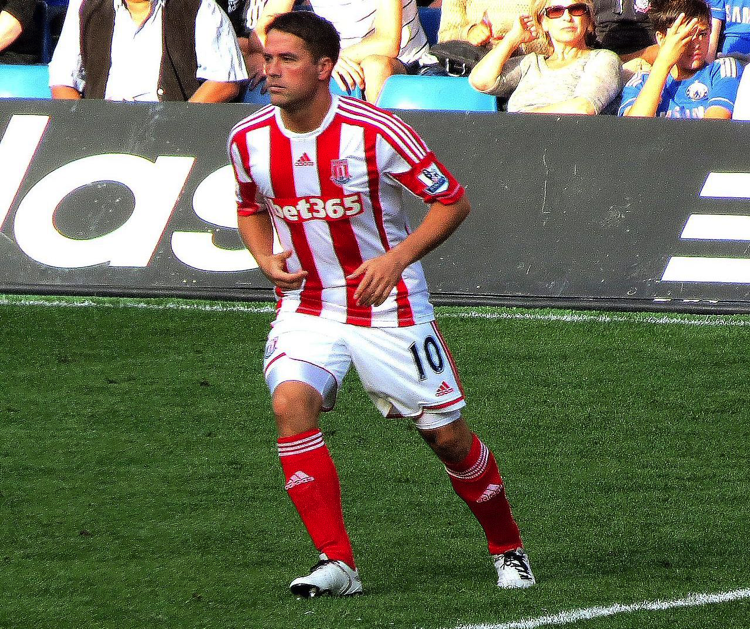The Ballon d’Or is the highest individual accolade a modern footballer can win and is the honour that gives us the best clue as to who the greatest players of all time are. Lionel Messi is the record winner of the Ballon d’Or and has eight to his name, with Cristiano Ronaldo second with five wins. Messi and Ronaldo have also come second five and six times respectively and have virtually monopolised the award in the 21st century.
The award has undergone various changes over the years and for a long time only recognised performances by European players and was, for many years, referred to as the European Footballer of the Year award. Inaugurated in 1956, it wasn’t until 1995 that players from anywhere in the world became eligible if they played at European clubs, whilst in 2007 it became fully global and open to any pro footballer. However, the question we are looking at here is rather simpler: has a Liverpool player ever won the Ballon d’Or, in any of its guises, since the award began in the 1950s?
Michael Owen Is the Only Red to Land Gold
Perhaps surprisingly, the only Liverpool player to have won the Ballon d’Or is Michael Owen. “Young Michael” was crowned Europe’s number one (as it was at the time) in 2001, ahead of Spain and Real Madrid star Raul and German keeper Oliver Kahn, who played for Bayern Munich. The voting system and number of available points have altered several times since the award began but the points for the top five players can be seen below.
| Rank | Player | Points | Club |
|---|---|---|---|
| 1 | Michael Owen | 176 | Liverpool |
| 2 | Raul | 140 | Real Madrid |
| 3 | Oliver Kahn | 114 | Bayern Munich |
| 4 | David Beckham | 102 | Man United |
| 5 | Francesco Totti | 57 | Roma |

Victory made Owen the fourth English footballer to win the award, with Stanley Matthews winning the first edition and Bobby Charlton taking glory in 1966 – in more ways than one. We will look at the other footballer to do so shortly. Since Owen, no English player has added to that tally and, in fact, only in 2005 did any make the top three, when Frank Lampard pipped Steven Gerrard to silver, with both men behind Ronaldinho on the podium.
Owen was just 22 when he won the Ballon d’Or but despite the fact he enjoyed a fine career in general, there is no denying the fact that he shone most brightly as a youngster. His success in this award was down to his role in Liverpool winning a cup treble in 2000/01, the Reds landing the UEFA Cup, the FA Cup and the League Cup. The boyhood Evertonian notched two goals in the FA Cup final (against Arsenal) and also bagged four in his club’s European campaign. With England he also had a great year, the obvious highlight being his hat-trick in the 5-1 win against Germany in Munich.
Have Any Ex-Liverpool Players Won the Ballon d’Or?
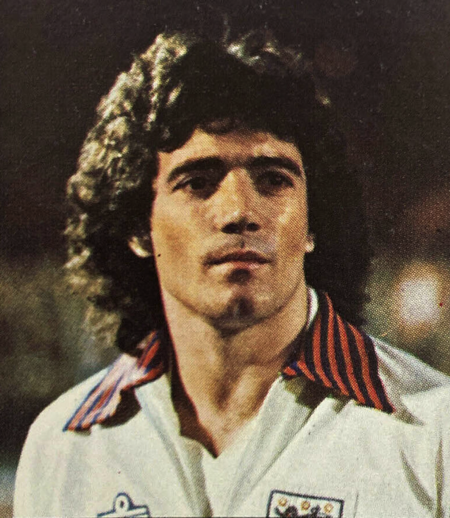
Whilst Owen is the only Red to have won this award, the Englishman to land it prior to him had a huge and influential career at Anfield. That man is, of course, Kevin Keegan. The former England manager was crowned winner of the Ballon d’Or in 1978 and 1979, having moved from Liverpool to German side Hamburg in 1977.
Keegan won three league titles, the FA Cup, and three European trophies with the Reds, before guiding Hamburg to Bundesliga success and a European Cup final in 1978/79 and 1979/80, respectively. He may not have been a Liverpool player when he was awarded the individual honour but he played for the Merseyside club more than any other team, so he’s a Red to us!
Liverpool Players to Make the Top Three
In addition to the accomplishments of Owen and Keegan, other Anfield icons have come very close to landing the game’s biggest individual honour. The most recent of these near misses, and perhaps the most controversial, came in 2019. Lionel Messi won that year with a total of 686 votes but many observers felt that Liverpool’s imperious centre back, Virgil van Dijk, should have won.
VVD earnt 679 votes so narrowly missed out, although he was well clear of CR7, who was third with 476 votes. This award, and other similar ones, have tended to favour attacking players, with goalkeepers and defenders often undervalued and therefore underrepresented. As such, it was little surprise that Messi took gold, especially given his profile, but objectively there seems a decent claim that Virgil’s performances were better.
Liverpool were Champions League winners in 2019 and though they finished second in the Premier League in 2018/19, they amassed 97 points. What’s more, they would get 99 in 2019/20 and were well on the way to winning the Premier League title that season when the award was handed out. Van Dijk was unbeatable and unplayable for much of that period and whilst he was gracious about coming second, there was a slight sense he was hard done by.
Fernando Torres Third
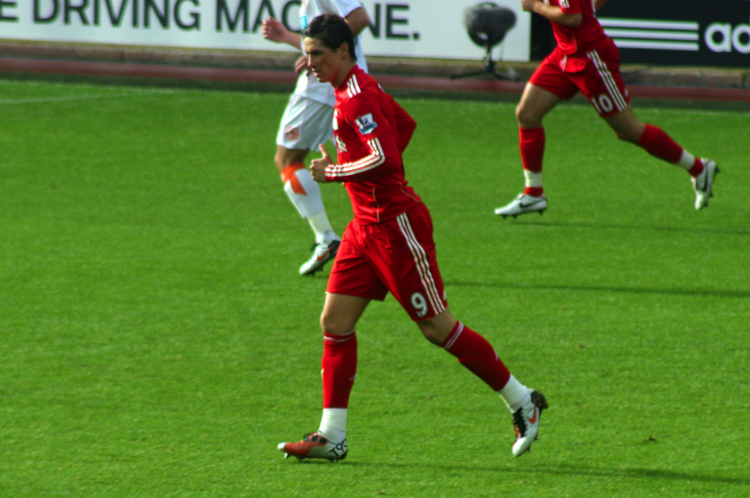
Back in 2008, in some ways the start of the Messi-Ronaldo era of dominance, Spanish forward, Torres, took the bronze medal, with Messi second and Ronaldo claiming his first Ballon d’Or. Torres was stunning for the Reds in that period and his link-up with Steven Gerrard was special. Even so, he had to settle for a distant third behind the two modern GOATs.
Gerrard Bronze in 2005
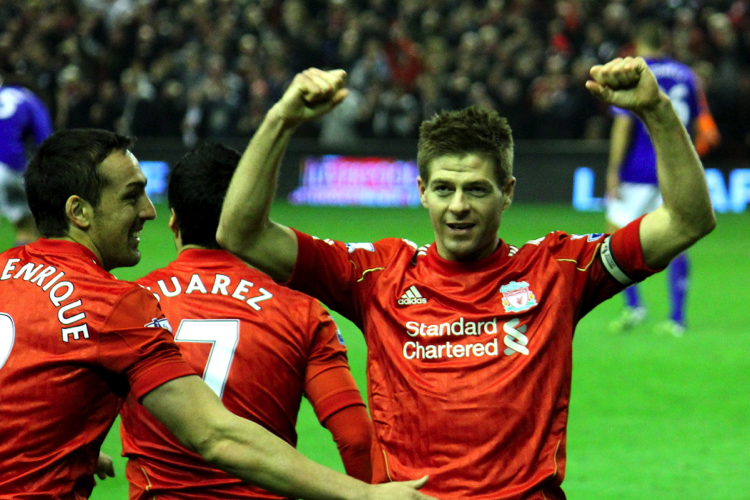
As noted earlier, Liverpool’s 21st century talisman was pipped by his England teammate, Frank Lampard for second, with Brazilian magician, Ronaldinho, taking gold. Steven Gerrard was genuinely world-class in this period and his will to win and ability to rise to the big occasion was never more clearly illustrated than in Liverpool’s successful 2005 Champions League win, in particular the final!
King Has to Settle for Silver
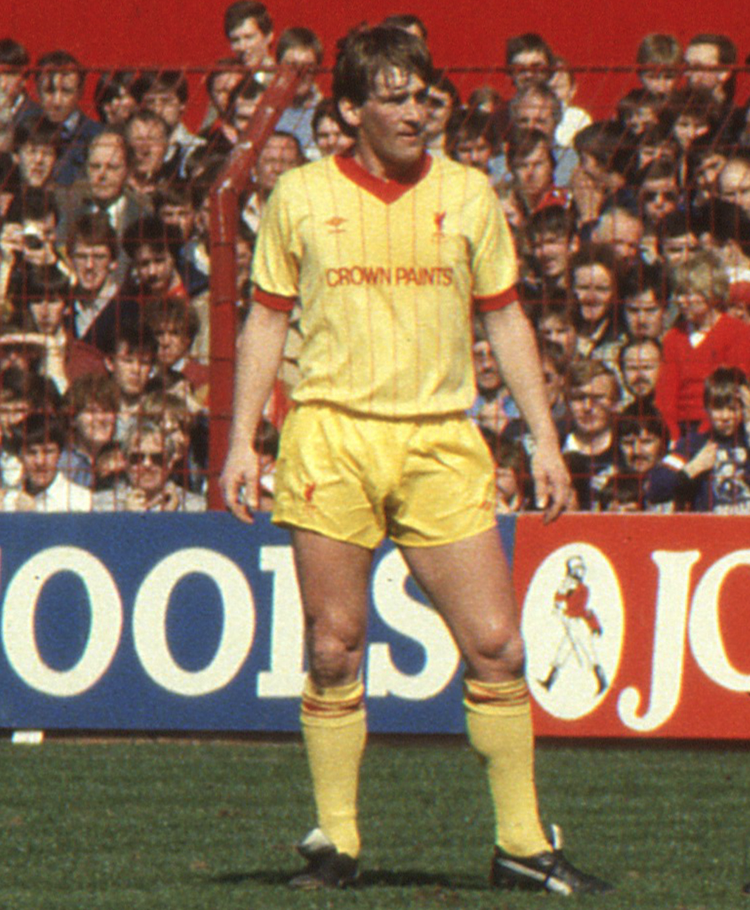
The first Liverpool player to make the podium is another legend of the club, King Kenny. Kenny Dalglish was second to French ace Michel Platini in 1983, although the race was not close in voting terms (110 to 26). Denis Law remains the only Scot to have even won this award, although Dalglish certainly enjoyed an incredible, sustained run of form during the early 1980s.

